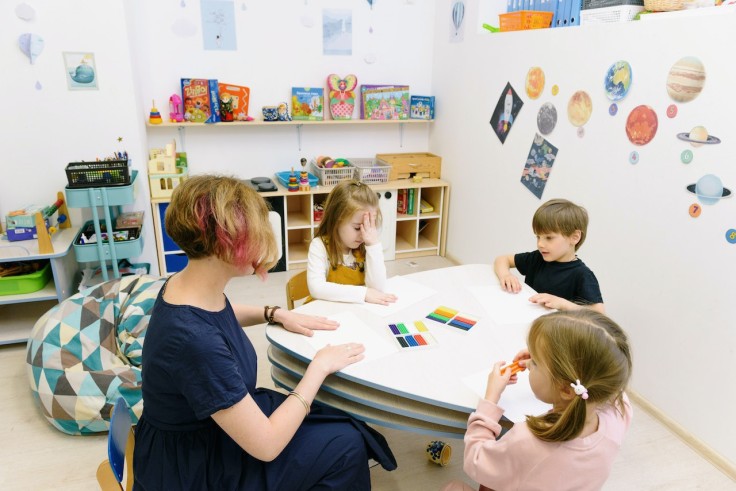
Kids have been back to school for more than a month now. For sure, they have slowly yet surely adjusted from the isolation the pandemic has caused to now being once again outside home and being surrounded with people at school. They have probably met new friends and reacquainted with their old ones, and together are learning new things.
Along with all these, the kids might have also started complaining about their new and old teachers to their parents.
What should parents do when their students start doing this? How do they solve disagreements between their kids and their teachers in school?
Two sides of the story
Conflicts between students and teachers can be common experiences at school. However, no matter how common, like any other conflict, it should be resolved and not just put aside.
Parents should always remember that when there is conflict, there are also two sides to every story.
Amy Bell, digital contributor to CBC and parenting columnists for The Early Edition, shared three important points for parents to keep in mind in managing disagreements between their kids and their teachers.
1. Acquire the facts from both sides.
Parents would want to believe their children almost immediately, and would take their sides as immediate too. Parents should catch their breath and know that they are only hearing one out of two stories.
Both a high school teacher and a mother, Jacqueline Sheppet, expressed tha based on experience most of these situations are "nuanced," and the kid and teacher won't be able to recall what happened exactly the same. Thus, she suggests that parents, before taking sides and making hasty judgments, should ask for more facts first, verify what really happened, and hear both sides. Children can see things in a different lens than adults do.
2. Communication is always key.
The most important thing for both parents and teachers to remember is that there is no enemy in the picture, only a common goal for the kids to be successfully learning at school. Thus, there should be open communication rather than choosing to go on the attack.
Ken Bisset, a parent of 3, and an elementary school teacher and a librarian for more than 20 years, encourages parents to inform teachers if their children are going through something. It does not matter how petty this might be because a small thing for an adult can be a big thing for a child.
"With 25 or more kids in a class, a teacher might not always realize there's an underlying issue at home until it's too late and has affected the child at school," Bisset shared.
Read Also: Mean Teacher Problem: Smart Parenting Ways to Handle Children Complaining About 'Bad Teachers'
3. Do not miss the learning opportunities.
Bisset also noted that it is essential for parents to know as well that students and teachers are "operating on a different wavelength," meaning there will really be times that these two won't always see eye to eye. Yet, this is a learning opportunity for kids - in the real world, there will really be people that they would not see eye to eye with but must learn to work along with.
A mom to a 12-year-old son, Audrey McKinnon, expressed that most of the time, children are not asking their parents to fight for them and fix their problems. These kids just want to be listened to as they vent and express their feelings, and be guided as to what they need to do. Children would want to find the solution on their own.
While it can be very tempting to be that parent who faces the teacher, stands up for their child, and fixes everything for him/her, the result of all these is just short-lived as compared to the long-term lessons and benefits a child can have when they recognize and solve his/her own problems.
At the end of the day, parents need to embrace the fact that these teachers and their kids are just humans who have good and bad days, who have everyday battles and can commit mistakes. Lastly, both can learn from their mistakes if parents will take the time to hear and discuss from all sides.
Related Article: Teacher Shares Student's Heartwarming Gesture, Warns the Public: 'Kids Aren't Getting Worse. We're Just Failing Them'